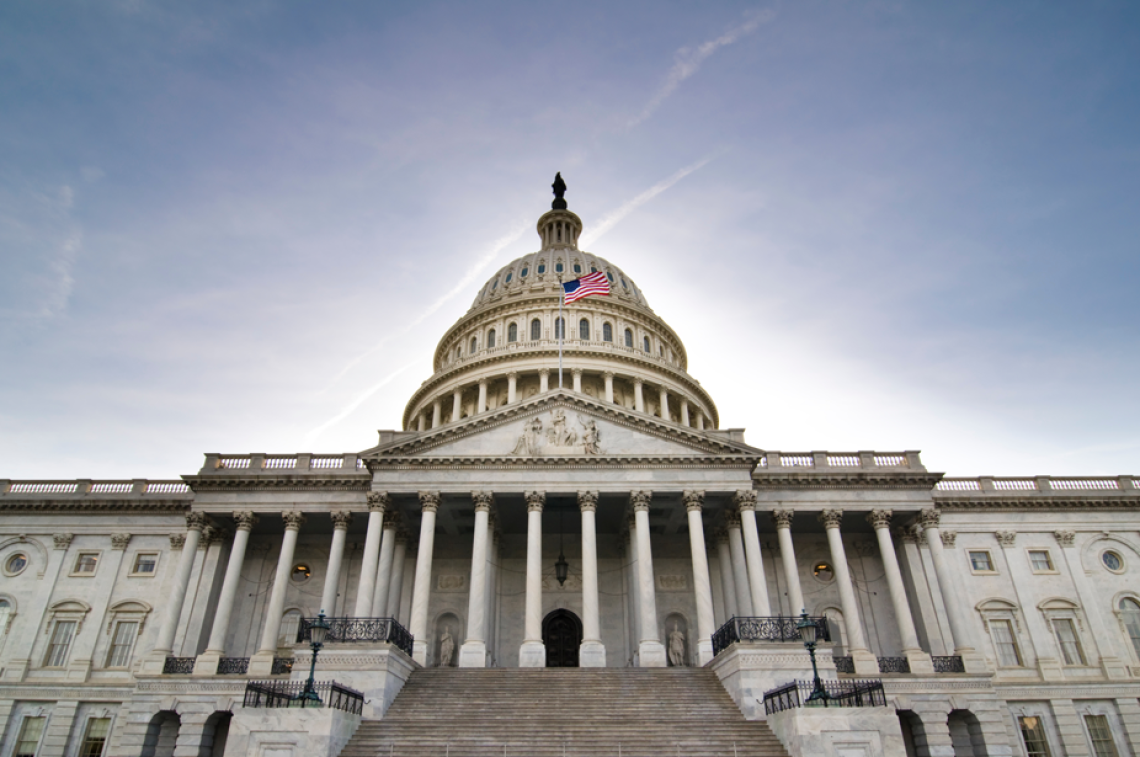Bill proposed to increase access to healthcare in rural communities

Sen. Kyrsten Sinema is co-sponsoring a bill that would increase access to healthcare for Arizona’s rural communities. The Rural Health Clinic Burden Reduction Act will amend the original Rural Health Clinic Statute made in 1977 with modernizing updates.
A rural health clinic is a clinic that is located in an area with less than 50,000 people and is in a primary care HPSA (health professional shortage area). Health clinics will do this so that they can receive better Medicare and Medicaid reimbursement, so that they can provide services to more people.
“Rural health clinics are often an essential access point for primary care,” Sinema said, “Our bipartisan legislation updates the decades-old Rural Health Clinics Program to meet the growing and complex health care needs of rural Arizona communities.”
This bill would update five aspects of the current statute. The first of which is allowing nurse practitioners and physician assistants to practice without the supervision of a physician.
“Congress did bake into the rural health clinic rules that you did need to have a physician supervise a nurse practitioner or a PA,” said Nathan Baugh, executive director of the National Association of Rural Health Clinics. “Flash forward to 2023, 27 states allow nurse practitioners to practice independently, but not if they’re in a rural health clinic because there’s this additional federal layer of rules that they have to follow.”
Another amendment would allow rural health clinics the flexibility to contract with or employ physician assistants and nurse practitioners.
Additionally, rural health clinics must have the equipment at their facility to process lab testing for two types of blood tests. In 1977, these were the only tests that were used. Now, a primary care provider will typically want to run a full blood panel. So, the rural health clinics will run a full blood panel and send it to a different lab to be processed. However, they still must have the old equipment on site even though it is not being used.
“You have these machines that are sitting there, wasting money, wasting space and collecting dust,” Baugh said. “They’re not being used and they’re just sitting there for compliance purposes. If you get your blood test results turned around in 24, 48 hours, I think that’s really all you care about as a patient. You don’t really care if it was performed within the square footage of the RHC or at a lab somewhere else.”
Another aspect of the bill will remove a barrier that prevents rural health clinics from providing behavioral health services in areas that are experiencing a shortage in those types of services.
Lastly, the bill will change the wording from stating that a rural health clinic must not be located in an “urbanized area” to an “urban area of 50,000 or more.”
Baugh said that the next steps would be to have the bill passed by Congress. However, Baugh believes that it is too small of a bill to be passed by itself and that they would have higher chances of getting it passed if it was included in a government funding package.
“Our hope is that in that big, mega bill, Congress will look at this policy and say, ‘this is good, smart, uncontroversial and it doesn’t add to the deficit, doesn’t hurt medicare trust fund,’” Baugh said.
Dan Derksen, director of the Arizona Center for Rural Health, said that this bill comes at a time when rural communities are struggling to access healthcare.
The Arizona Center for Rural Health is an organization that works to improve healthcare access in rural areas by helping hospitals understand what they might be eligible for as far as grant programs and other ways to augment the resources that they have to take care of people who live in rural communities.
“One of the issues they’re having now is back in May, the national public health emergency ended and there’s a provision in that public health emergency that allowed states to continue people on Medicaid enrollment without redetermining whether or not they were eligible to be on Medicaid,” Derksen said. “In Arizona, it’s estimated that with the redetermination process back in place, that as many as 500,000 of the 2.5 million enrolled in medicaid in Arizona could lose their Medicaid coverage.”
Baugh said that people who live in rural areas also struggle to find healthcare specialists and may have to travel further to get the healthcare that they need.
“Everyone in this country deserves to have access to healthcare,” Baugh said.
Sinema emphasized the importance of rural communities accessing healthcare and said that she would ensure that Arizona’s rural communities are advocated for.
“I promised Arizona I would be an independent voice who represents our whole state – rural and urban areas alike,” Sinema said. “I was born and raised in Southern Arizona, so I’m acutely aware of the needs of rural Arizona. I’m going to make sure rural Arizona is taken care of.”
Read the article on Havasu News

